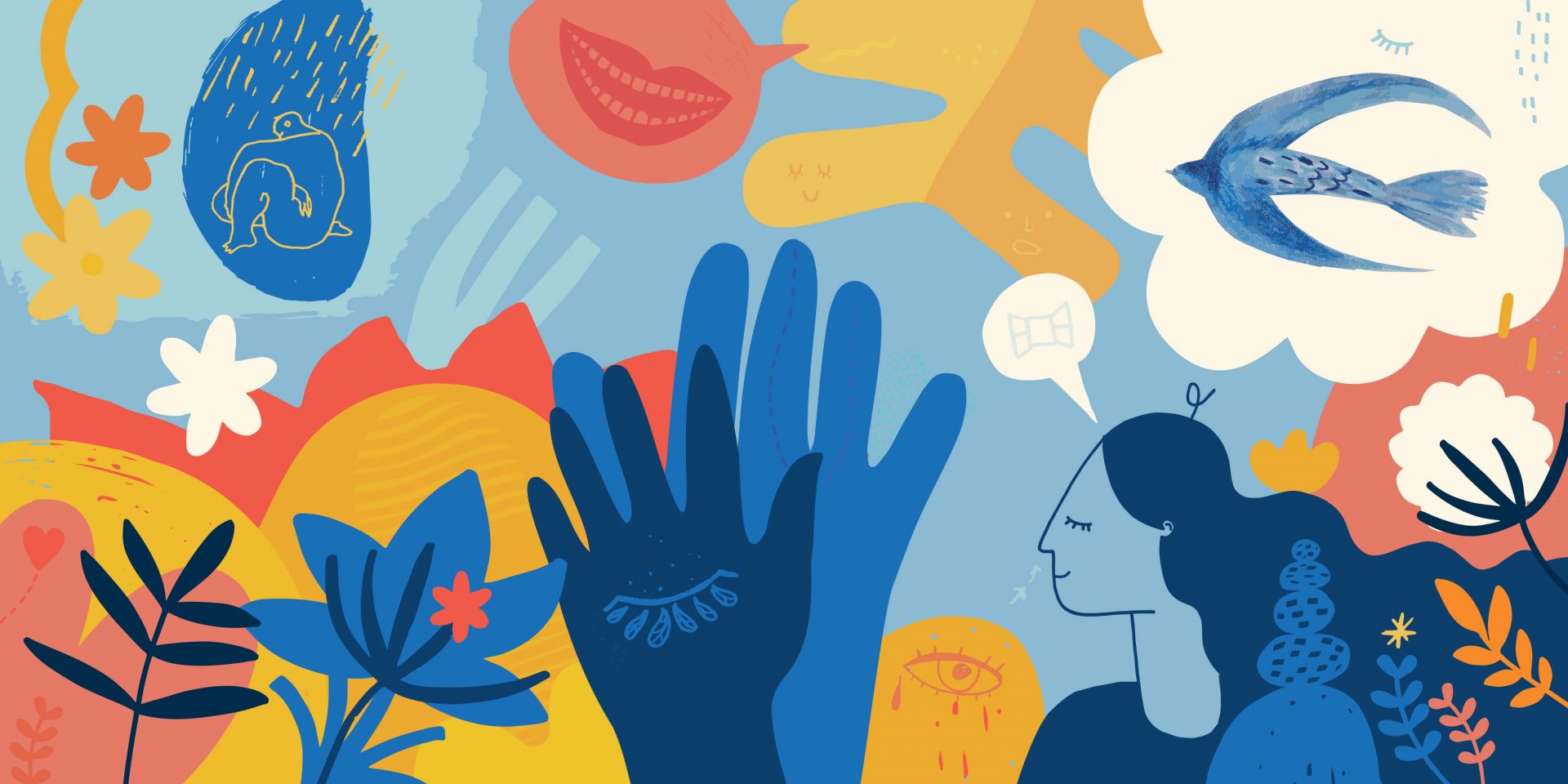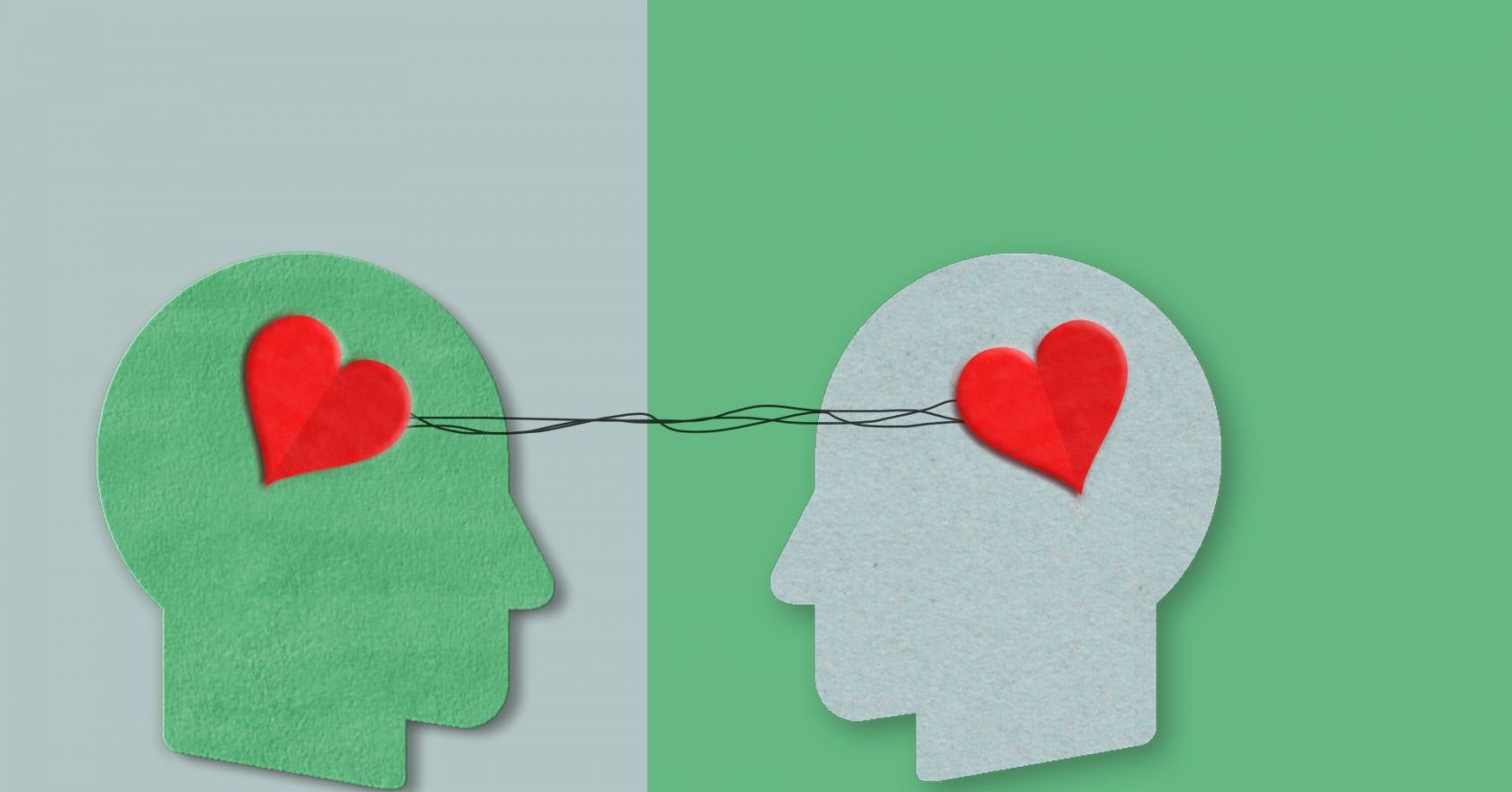Written by Lucy Fry
There are key differences between being an empathic person and identifying as an ‘empath’. Psychotherapist and author Lucy Fry explains how to tell these traits apart.
I used to think I was weird, even unwell, because I could ‘catch’ the emotions of others.
It happened mostly with sadness, but also anger. For a long time, it seemed like a curse, until I stumbled across psychiatrist Dr Judith Orloff’s book The Empath’s Survival Guide.
Dr Orloff defines empaths as “highly sensitive, finely tuned instruments when it comes to emotions”. Reading those words something clicked. I identified with many of the characteristics and learnt that being empathic – a wonderful trait that most people can learn – is very different to being an empath, which according to Orloff, is much rarer and requires careful handling if it’s to be used to positive affect.
Here are four ways to recognise if you’re an empath, or just empathic.
Empaths easily lose themselves in feelings
For most people expressing empathy means making a concerted effort to see the world through someone else’s lens in a kind way.
For an empath, however, it can get confusing. These types of people absorb others’ emotions so quickly and easily they’re sometimes unsure which lens is whose. The boundaries between the self and others can be thin, which means they are super sensitive to other people’s needs but can also entirely lose track of their own.
This is why it’s so important for empaths to learn how to take care of themselves (and their gift), so they can find ways to protect themselves from drowning in feelings that don’t belong to them.
Empaths feel what others won’t
In my experience, one of the main situations in which an empath will absorb someone else’s emotion is when another person is suppressing or denying their feelings. That’s because being an empath is a bit like being telepathic; they often know things about someone else before they even know it (or want to admit it) themselves.
Before I understood this, I found it painful to be around people who were unhappy or melancholic, or even exhausted and just annoyed. I found it particularly mind-bending to be around anyone who said they were fine but seemed to me to be clearly not. After a few minutes in their company, I could feel my own joy or peace drain away, only to be replaced by their negative feelings. This was not their fault, but a marker of my own flimsy boundaries – my empath’s gift that was not yet honed.

Empaths are easily overwhelmed (by noise, light, activity, emotion)
Another key difference between empathic people and those who identify as empaths are that empaths, by their very nature, have a particularly sensitive nervous system. This means they are easily knocked off centre by shocks that for a non-empath might be only momentarily.
For example, if someone loses their temper and starts shouting, this might upset or anger a non-empath but could floor an empath for hours or days after. They are generally more sensitive to things like light and sound and appreciate small details and changes in a room or atmosphere.
This can make empaths very sensitive to music, smell and touch. I need blackout blinds to sleep, for example, and have to wear noise-cancelling headphones on the Tube as the screeching on certain lines physically wrecks me, whereas many other people hardly notice it at all.
Being an empath is developmental, whereas empathy can be learnt
Empathy involves stepping away from offering solutions or giving advice, and instead imagining what it is like to walk in another’s shoes and understanding why someone might feel the way they do. To some extent, it’s something most people can learn to do.
Being an empath is different. It is usually developed during childhood from growing up in an environment where it was necessary (for survival, physical or emotional) to develop a psycho-emotional antenna to let you know what was going on around you, so you could adapt accordingly.
Since it has this developmental aspect to it, being an empath is not a choice in the way expressing empathy is. It’s innate and needs accepting and respecting. If you’re an empath, learning how to take care of yourself in a tough, brash world (particularly in a city) is very important.
Love and Choice: A Radical Approach To Sex And Relationships by Lucy Fry (£14.99, Hodder) is available now.
Images: Getty
Source: Read Full Article
